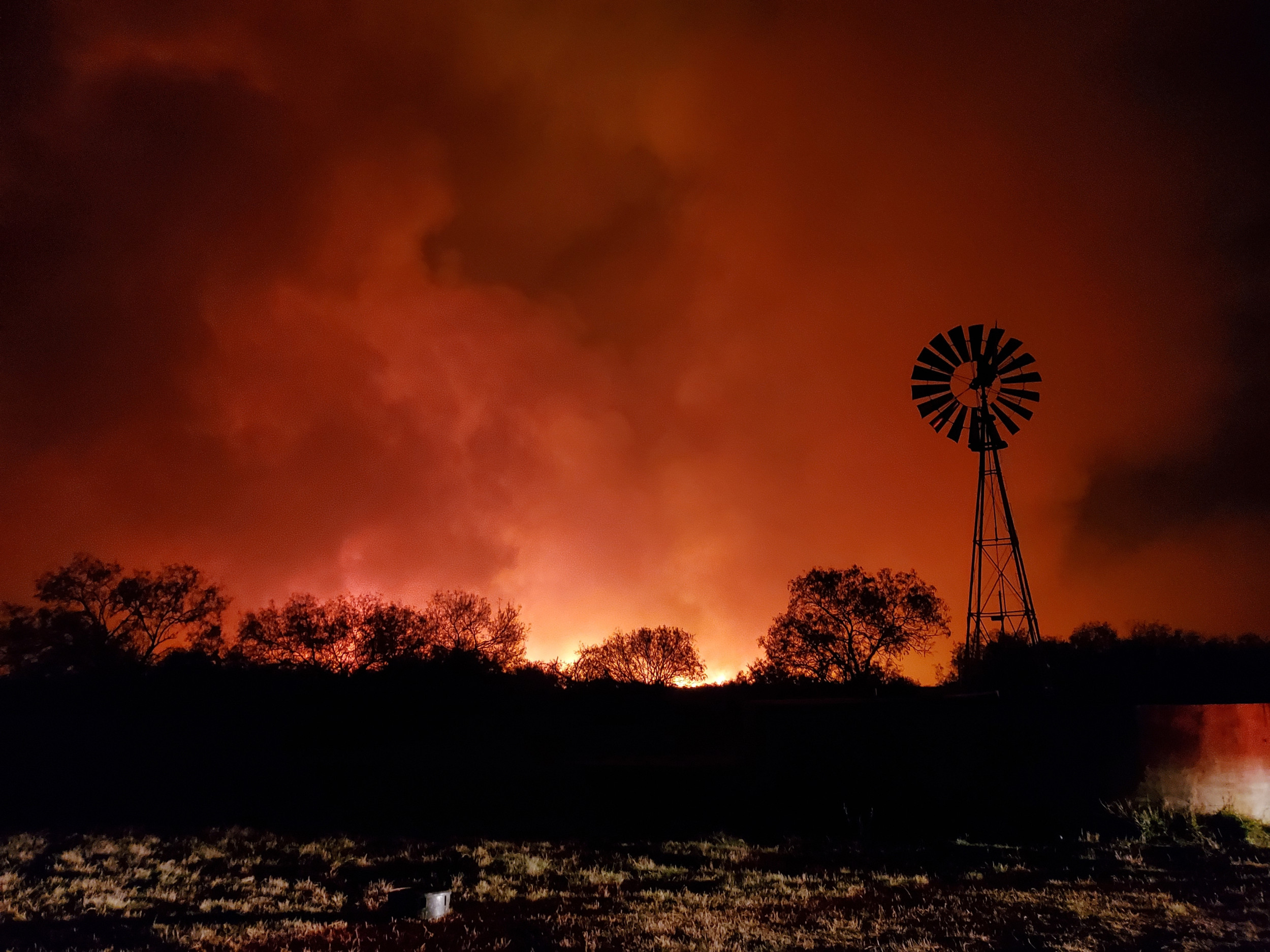A deadly Himalayan plane crash initially blamed on poor communication may actually have been the fault of the pilot, who reportedly ranted, lit a cigarette and displayed other bizarre behavior in the final moments of the fatal flight.
Last March, US-Bangla Airlines Flight 211, carrying 71 people from Shahjalal International Airport in Dhaka, Bangladesh, crash-landed on the runway at Tribhuvan International Airport in Kathmandu, Nepal. The aircraft skidded into a nearby field, killing all four crewmembers as well as 47 out of the 67 passengers on board. Ten months later, the final report on the accident has revealed new details of what went wrong.
In a report submitted by Nepal's Accident Investigation Commission to the Ministry of Culture, Tourism and Aviation, investigators found "that the probable cause of the accident is due to disorientation and a complete loss of situational awareness in the part of crewmember," specifically, the pilot, who reportedly "was engaged in lengthy one-way conversation with the first officer since the beginning of the flight and made multiple unnecessary statements and comments against another colleague in the company who had questioned his reputation as an instructor in the company."
"As this conversation regarding the above colleague was repeated several times during the flight, the captain definitely seemed very much emotionally disturbed and stressed," the report found. "At times the Captain even seemed to have emotional breakdown as revealed in the CVR," or recording transcript.

Among the many contributing factors to the crash—which also included conducting the pre-flight briefing too early before departure, an "Increased workload" for the pilot who was both flying the plane and communicating with air traffic control and a "Lack of assertiveness on the part of Air Traffic controller" to correct the pilot's many failures to fix his approach—the report found the pilot "seemed to be under stress due to behavior of a particular female colleague in the company and lack of sleep the preceding night."
"This stress might have led him to smoke in the cockpit during the flight and this clearly is against the Company Standard Operating procedure," the report later wrote. "This state of mind with high degree of stress and emotional state might have led him to all the procedural lapses."
The report also found that company officials knew about the pilot's smoking habits, despite the pilot having denied them during evaluations, as well as other prior events that may have contributed to the crash. When approached by the director of flight operations "regarding apparent close proximity to one of the female [first officers] which was evident by more flights being scheduled/operated together," the pilot had simply replied "that there was nothing going on and he treats her like his daughter," so the "matter was then rested and no further clarification seemed necessary."
The pilot also "had history of depression while serving in Bangladesh Air-force in 1993 and was removed from active duty from Bangladesh Air force for the same reason after evaluation by psychiatrist." He was later "declared to be fit for flying" after a 2002 re-evaluation, and did not show any recurrence of symptoms "during medical examinations from 2002 to 2018 as well as at intervening period of examination."
"The company had no reason to evaluate about this issue of [the pilot-in-command] further medically," the report added.

The report also said the pilot "never consumed alcohol" and was "was happily married" with "a son who has turned 14 years now." It said he enjoyed a good reputation among management, peers and students, describing him as a "very friendly, soft spoken and gentle person" and "would not use foul language in conversations."
During Flight 211, however, the "foul language and abusive words he was using in conversation with a junior female [first officer] was very inappropriate and certainly not expected from a level headed person." He was "irritable, tensed, moody, and aggressive at various times," but that his higher authority likely prevented the first officer and air traffic controller from attempting to taking charge of the situation.
The report recommended that the Civil Aviation Authority of Bangladesh conduct "a thorough periodic physical and psychological status" check before renewing the status of any pilots grounded for medical reasons, and that "all airline pilots should undergo psychological evaluation as part of the training or before entering into the service." It also suggested that the Civil Aviation Authority of Nepal "strengthen the capacity" of air traffic controllers to "become more assertive," especially in emergency situations, and "to be more vigilant" in monitoring aircraft activity.
Kathmandu is a notoriously difficult spot for pilots to land, as the Nepali capital is surrounded by hills and mountains. The recent report called on US-Bangla Airlines to improve training and safety measures for pilots there. It also suggested the company should "monitor and assess mental status of the crew in regards to profession development, financial issues as well as personal and psychological issues" as well as "de-roster any crew member found to be stressed, fatigued or emotionally disturbed."
Days after the incident, Nepali travel agent and survivor Dayaram Tamrakar described to the Associated Press the chaos and confusion in the aftermath of the crash and offered safety tips on how to save yourself and others, including refraining from drinking or sleeping during a flight.
Uncommon Knowledge
Newsweek is committed to challenging conventional wisdom and finding connections in the search for common ground.
Newsweek is committed to challenging conventional wisdom and finding connections in the search for common ground.
About the writer
Based in his hometown of Staten Island, New York City, Tom O'Connor is an award-winning Senior Writer of Foreign Policy ... Read more
To read how Newsweek uses AI as a newsroom tool, Click here.






